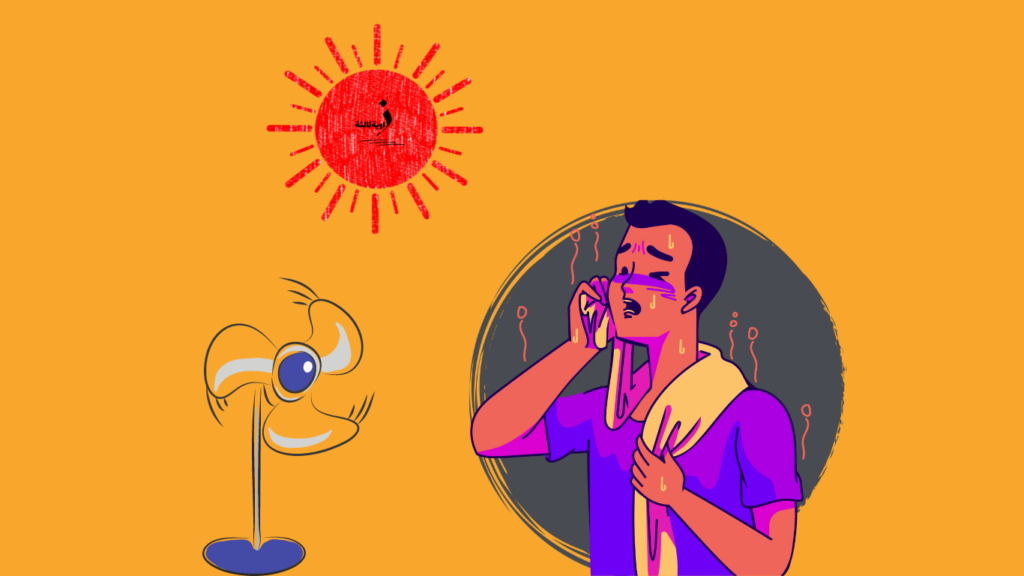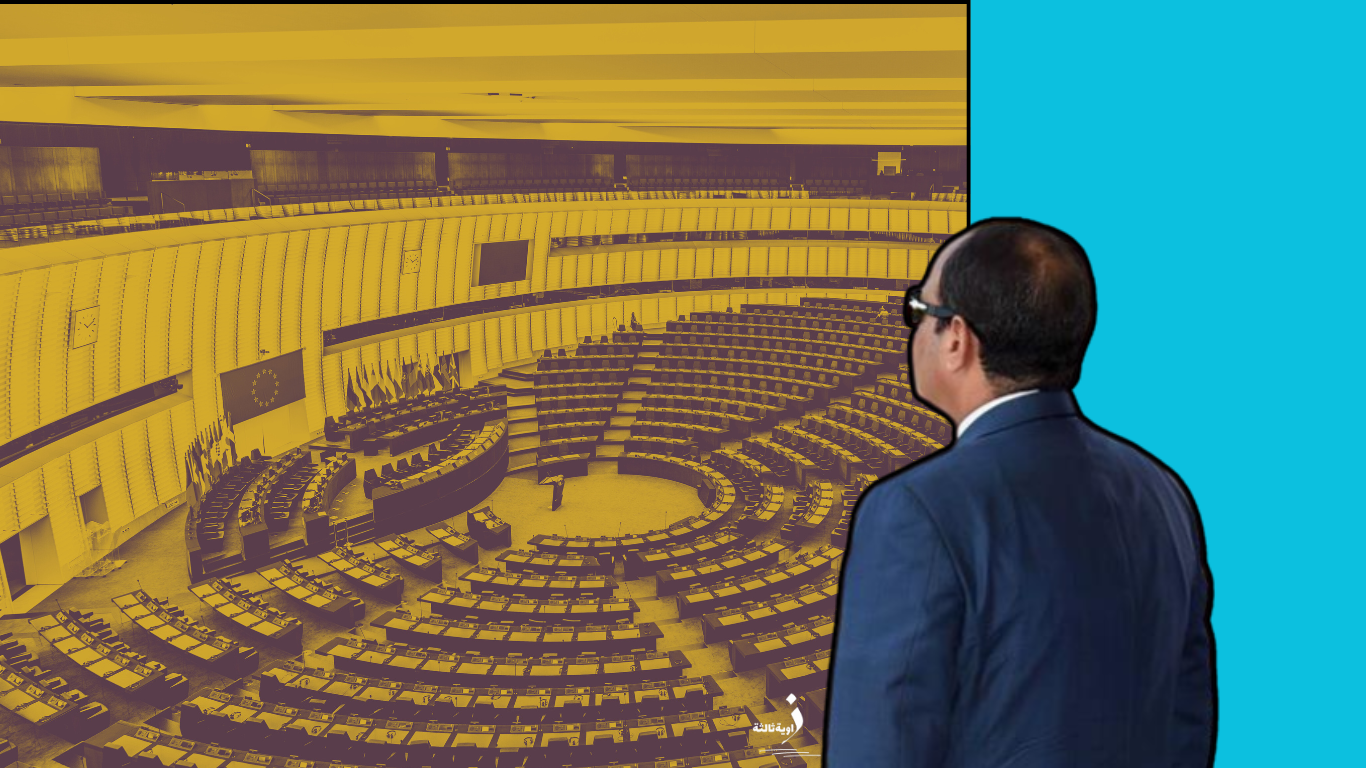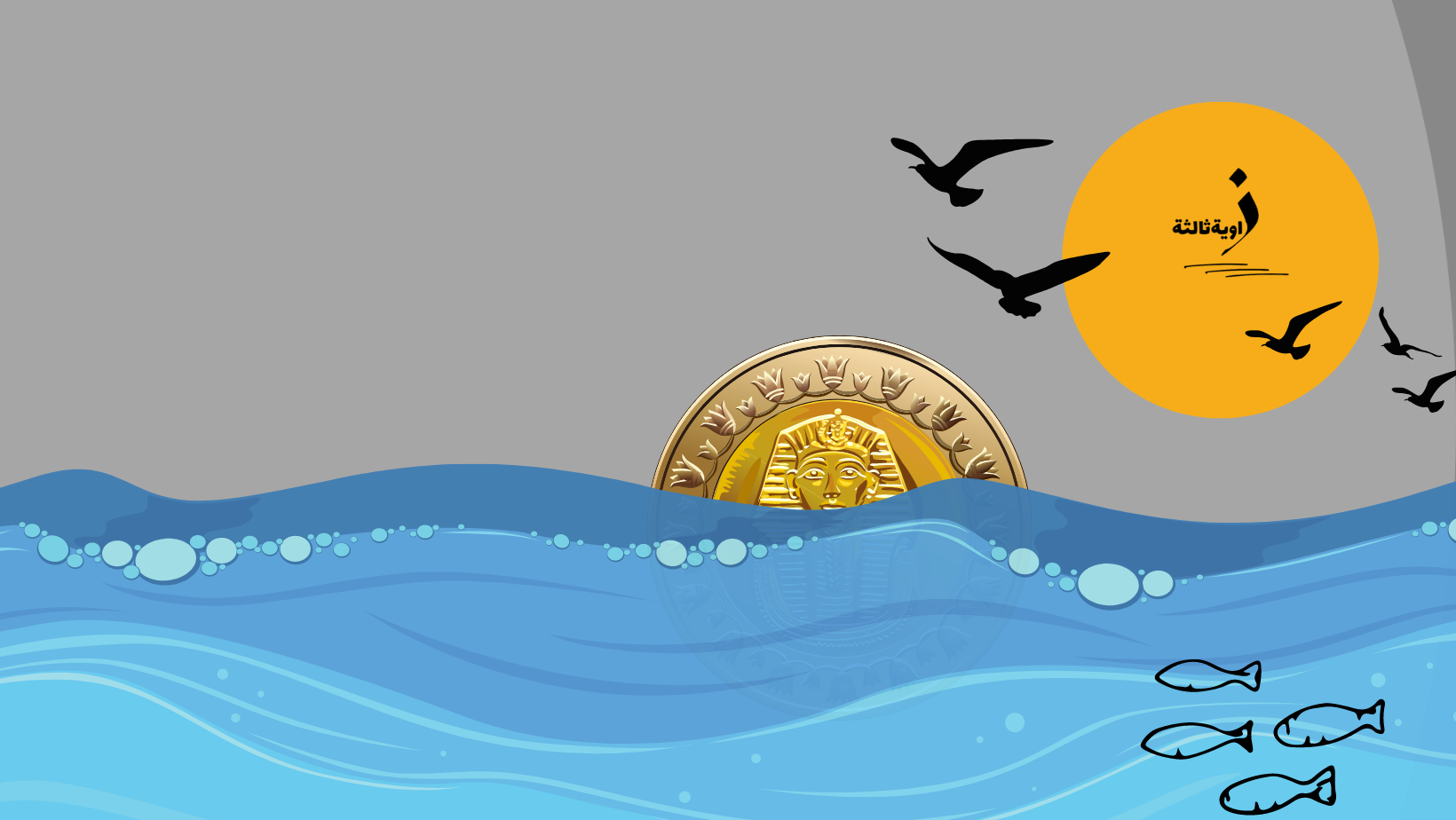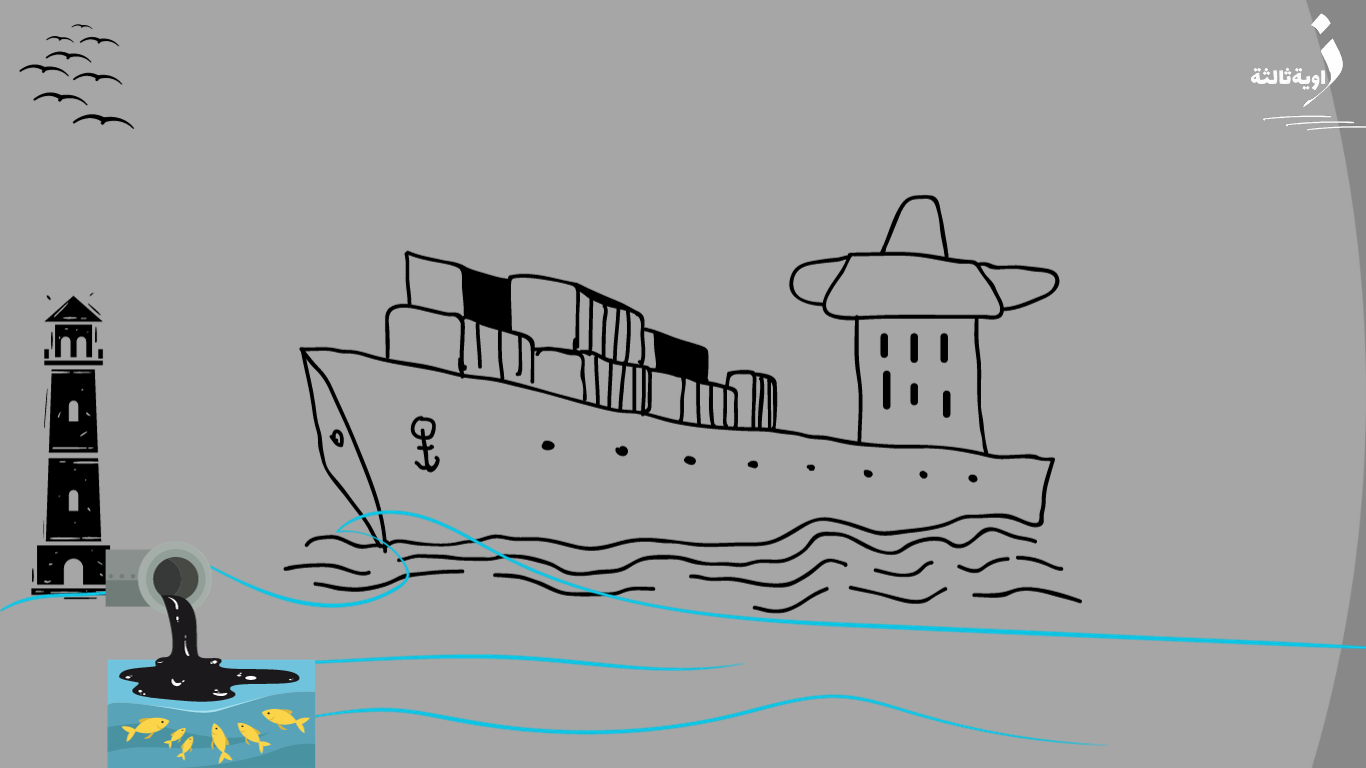It was a quite evening, and as usual, once he had finished eating dinner, without abandoning his sitting position, he stretched his legs over a chair to his side. Trade had again been generous to him that night, no doubt Brussels was well served in fact, as plenty of fine delicacies had arrived at his dining table : giant olives and boffalo’s mozzarella from Southern Italy, marinated herring from Sweden and organically grown coffee from Mexico. Everything seemed tailor-made for a carefree evening. But he made one tiny mistake : he watched the news on his cellphone.
“Based on the identified chain of events, we expect that the ocean-atmosphere conditions will be favourable for an unusually warm and dry summer over southern Europe this year,” was quoted as saying a scientist in a very short article. The article was about the melt rate of Greenland’s ice sheet, and how this can predict summer weather in Europe. A less than 20 lines long piece of writing published on The Guardian, which had apparently been mostly ignored by the media community, because he could not find it anywhere else. That dispatch ruined his evening, it turned the whole pleasure of enjoying delicacies upside down, it made his once removed fears of the unexpected coming back to the surface.
The news were normally intended for an academic audience, earlier published on a journal named Weather and Climate Dynamics, and the described facts were indeed boring oceanographic events, but their forecasted consequences were gigantic. At least in his mind. In a nutshell : Warm conditions in Greenland bring more glacial meltwater into the Atlantic. Being lighter than seawater, this meltwater sits on top of the ocean and reduces the heat exchange between the air and the sea. In winter, this leads to an increased atmospheric instability associated to stronger winds around the meltwater region which produce a northward shift in the North Atlantic current (an extension of the Gulf Stream, which is the architect of Europe’s mild climate[1]). As a consequence, the next summer, winds follow the direction of the current and are deflected northward – what helps form the type of large-scale atmospheric circulation conditions that bring warmer and drier weather over Europe and the Mediterranean.
He begun to imagine another abnormal summer, with high temperatures, low rainfall, prolonged dry spells and more forest fires. He started thinking that he was part of the problem, with his globetrotting fine food, and that the frogs, grass snakes and freshwater fish of his youth will disappear forever. In other words, that his childhood, and the plants and animals that accompanied him in the rhythm of the seasons, will also be removed from the world of memories. And suddenly, without withdrawing his legs from the chair, he threw his glass against the wall in a gesture of anger, and the glass shattered into many small pieces.
He got scared of himself; he collected his thoughts, put some water on the boil to make himself a camomile tea, and searched the study for that magazine article clipping he had wanted to hide in a drawer a few days earlier.
“Emissions connected to top oil and gas firms may cause millions of heat deaths by 2100, study finds”. Published by Global Witness, the investigation denounced the fact that the combined emissions from fossil fuels produced by Shell, BP, TotalEnergies, ExxonMobil and Chevron up to 2050 could result in 11.5 million excess deaths from heat by 2100.
The man, an old acquaintance of mine, claims to hate summer. Is he sick ? Is he paranoid ? How can anyone hate summer, vacations, the sweating evenings on the promenade, and the long days of light and bright rays of sunshine? I am not a doctor and cannot judge, but what I know is that there are days when that acquaintance of mine takes tranquillisers, turns off all the lights in the house and no longer answers the phone. In fact, on those days, he can’t even pick up things that are made of plastic. And there are other days when he empties his wallet at top-notch delicatessens as if he were feasting for the last time in his life. Should he then be hospitalised ?
I too have begun to almost hate summer. I assure you, hating summer is probably one of the worst possible experiences of inflicting pain on themselves a person can have, because summer is all what embodies the desire for life, the light of optimism and the the magic of scents around us ; it is a hymn to life per se. Or it was, because climate change is making us detesting what we’d spontaneously care most of. I certainly don’t hate summer in the proper sense of the word, but I dread it, and the sophisticated behaviour of my acquaintance, seasoned with apocalyptic anxiety, has been having a certain effect on me. To the point that I started studying the matter, and discovered a whole literature on the psychological ills related to climate change and the crisis of the biosphere.
According to the German Society for Psychiatry and Psychotherapy, Psychosomatics and Neurology (DGPPN), climate change and the resulting increase in extreme weather events have a direct negative impact on mental health. Natural disasters are associated in particular with an increase in depression, anxiety and trauma disorders. Indirect consequences of climate change such as food shortages, economic crises, violent conflicts and involuntary migration also represent massive psychological risk and stress factors. On the other hand, so highlights the same body, climate anxiety and solastalgia, the mourning for lost living space, are new psychological syndromes in view of the existential threat posed by the climate crisis. Solastalgia is a nice noun, it could be the name of a beautiful, melancholic girl, but instead it is used to define a new mal de vivre.
The British Grantham Institute qualifies it as « the distress experienced when someone’s home environment is changing in ways perceived to be profoundly negative, either by events related to climate change but also scenarios such as establishment of a mine or a volcanic eruption ». Changes that attack someone’s sense of home, even without dislocation, can create a deep homesickness. Homesickness, so dear to many poets, but of another nature. It will no longer be a nostalgia that feeds on the lack of a dear, missed land which, although far away, retains its beauty. As in the case of the great Italian poet Ugo Foscolo, who was in love with his sunny island, Zakynthos, in the Ionian Sea, where he was born and where he had learnt to appreciate beauty
« Never will I touch your sacred shore again/ where my young form reclined at rest,/ Zakynthos, regarding yourself in waves/ of the Greek sea, where Venus was/ virgin born, »[2]
It will rather be a nostalgia without sweetness, because the loss of the land that is dear to us as we have known it is inexorable, and we might be forced to witness the defacement of the landscapes of our best years, or compelled to see beauty turning into ugliness, like a woman’s face scarred by a knife or a burn.
Going back to our ever-hotter summers, a meta-analysis published in 2021shows that for every 1 degree Celsius increase in temperature, there is a 1% higher risk of mental illness, leading to a generally lower level of social well being – stress the researchers of the German DGPPN. And the French researchers of Paris’ Institut Polytechnique, questioning why heat produces such severe psychic effects, hint at a sleep-related explanation : High temperatures disrupt sleep, which is an essential component of mental health. Changes in temperature can also create physiological changes, by affecting blood circulation and the nervous system, which will have a cognitive and emotional impact.
At some point one has to stop reading those studies and recover all the good memories that we associate with summer, but how much longer will we avoid cursing the so-called ‘beautiful season’? How much longer will that acquaintance of mine be taken for an isolated case, a curious or bizarre person? I don’t hate summer, not yet at least, but I dread it, and wait for it with bated breath. Only… I only hope that great poets will continue to compose sonnets depicting summer as a hymn to joy, and not as a death trap. Pablo Neruda’s Ode to Summer ends with the image of a restoring night of thin, pleasant air, after a sunny day, when the stars shine without burning the air. It is a beautiful image :
« a star/ rises/ cool/ in the somber/ sky,/
Crackling/ without/ burning/ the summer/ night. »[3]
In this early spring, when the air is beginning to warm up, I could not help but think of that acquaintance of mine. I then set out to search my library and the Internet for poems and short novels that could still remind us of the good times we might have in the summer to come. I collected them, printed them out and brought them to him in person, telling myself that if there is a cure that can take us away from solastalgia or climatic anxiety, as long as we cannot stop burning fuels, that is poetry. At the sight of my gift, my acquaintance was pleasantly surprised, he almost embraced me, and before taking leave of me, he asked one simple thing: “But will you, apart from poets, give up your car for good? ”
![]()
[1] Without the Gulf Stream it would become much drier and much colder in winter, and much drier and much hotter in summer.
[2] From the poet’s sonnet To Zakynthos. Or. : « Né più mai toccherò le sacre sponde/ Ove il mio corpo fanciulletto giacque,/ Zacinto mia, che te specchi nell’onde/ Del greco mar, da cui vergine nacque/ Venere”. English translation: Wikipedia.
[3] From the poet’s sonnet Ode to Summer. Or.: “ sube/ una estrella/ fresca/ por el cielo/ sombrio,/ crepita/ sin quemarse/ la noche/ del verano.” English translation: Wally Swist.











